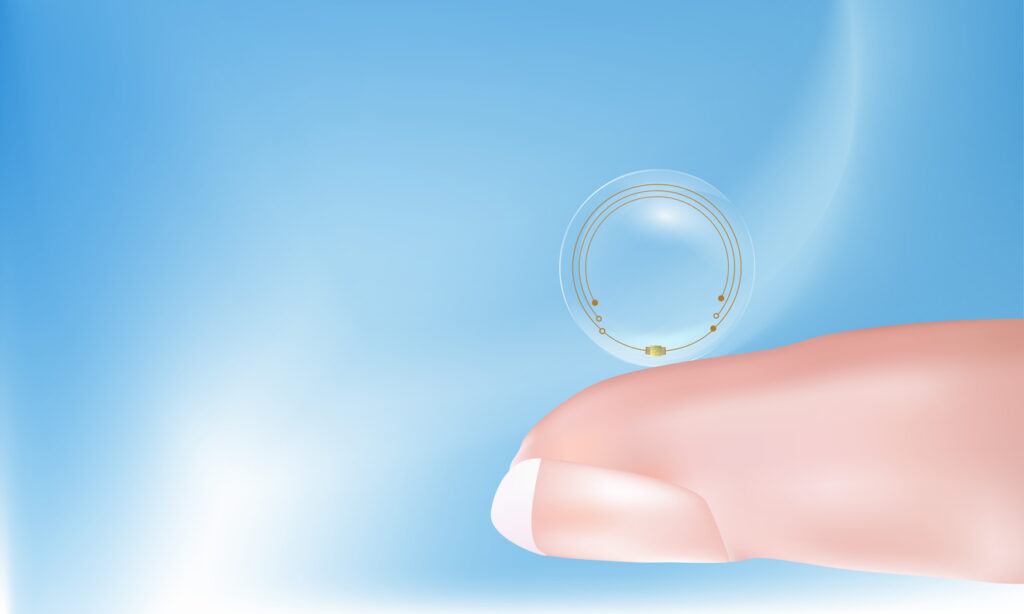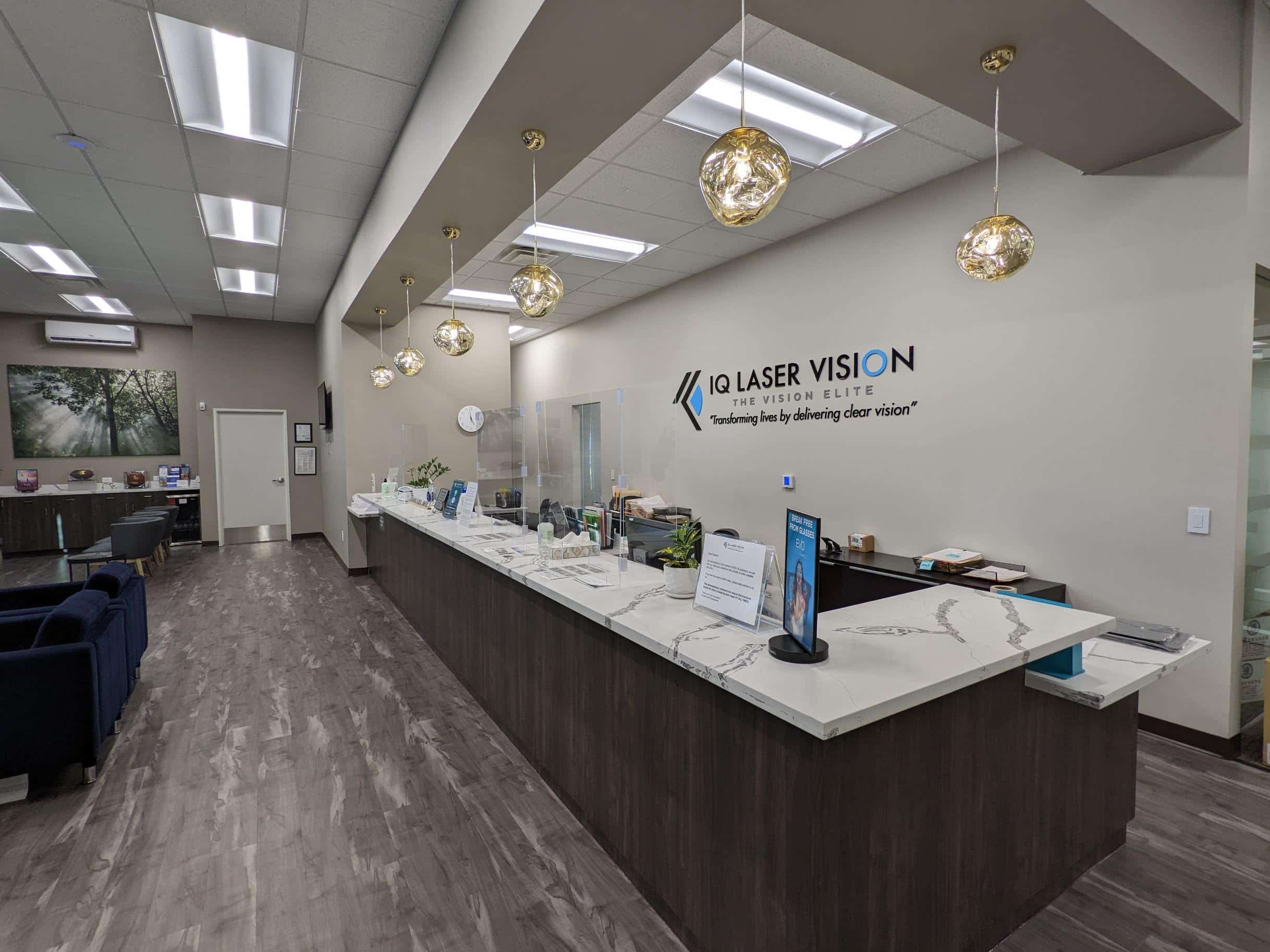
What are surgically implanted contact lenses? Implantable contact lenses (known for short as ICL) are exactly what the term suggests: contact lenses that can be implanted in your eyes.
Does ICL Surgery Last Forever?
It is designed to, and all things being equal, it does. The lenses are made of a specially developed material that can be shaped with incredible precision so that they can deliver the precise correction each eye needs. Once they are fitted and the body has gone through its natural healing process, that’s it: you have improved your eyesight and you can’t feel or see anything in your eyes, but the lenses are there, having the desired effect.
Let’s look at exactly what we’re talking about here and examine any exceptions to the rule.
How Long is ICL Good For?
It’s good for the rest of your life – barring certain changes caused, for instance, by aging. ICL (some people like to put an s on the end, but it’s not necessary) uses contact lenses pretty much like conventional contact lenses. The eyes have their own natural lenses, but if they are not perfect in some way, they don’t do the job properly, and man-made lenses are used to help them.
Why Have ICL instead of Conventional Contact Lenses?
Conventional contact lenses have helped millions of people to see normally without wearing glasses. People want to do this because glasses can get in the way, and they can fall off. Some people just don’t like the look or feel of wearing glasses. Putting contact lenses in your eyes means you don’t have this physical contraption clinging to your face: instead, you have tiny, almost weightless lenses sticking to your eyeballs, and many people find them completely comfortable to the extent that they can’t feel them at all. If that applies to you, all well and good.
Unfortunately, if contact lenses start to become uncomfortable for some reason, the wearer may only be able to tolerate them for a few hours at a time. They may take them out as soon as they get home from work, or only put them in when they’re about to do something where they need their sight to be up to scratch. This defeats the objective of having them: they are supposed to be sitting there, minding their own business and just doing their job. In many cases, you might just as well be using glasses, because putting contact lenses in and taking them out is a fiddly business that carries the risk of damaging or losing them.
Why Would Implantable Contact Lenses Not Last Forever?
ICLs don’t decay, so they will continue to give you the correction you needed at the time they were implanted. But if your needs change – in conventional eyewear, we would say your prescription changes – the prescription that is in your ICL will become unsuitable or inadequate. This can happen with age: the body gradually loses strength and energy, and things don’t work like they used to. It’s not just your eyes: joints may start to creak, your hearing may not be as good as it was, and even your hair can lose its color and become thinner. When the natural lens for which your ICL is providing assistance changes, it needs more or different help.
Can ICL Be Replaced?
Even though the implanted contact lenses themselves are still performing as they should, if another part of your vision system begins to decline, ICL can be removed and replaced. This is possible because EVO ICL lenses are not fused to your natural lenses; they can be safely removed or exchanged through a surgical procedure if necessary.
That said, most patients never need to consider replacement. EVO ICL (Implantable Collamer Lens) boasts an exceptionally high patient satisfaction rate, generally reported to be 99.4% or higher. The lenses are designed to provide long-term vision correction, and in most cases, they do just that.
Of course, the aging process affects everyone differently. You might know someone in their 70s or 80s who still sees well without glasses, while others experience age-related changes like cataracts or presbyopia. If you’ve had ICL surgery, you can likely expect many years of excellent vision. However, if changes do occur, your lenses may require some form of support, not necessarily removal or replacement, but that option is available if needed.
Conclusion
If you want to put an end to wearing glasses or putting lenses into your eyes every day, ICL is the way to go. They won’t let you down, but the body is full of surprises, and physical deterioration can be one of them.
So, is it worth having ICL? Millions of people around the world are choosing to do it.
Want to find out more? Talk to us for more information on our diagnostic and eye treatment services.























